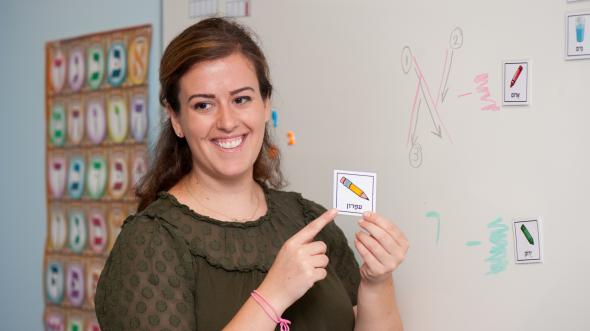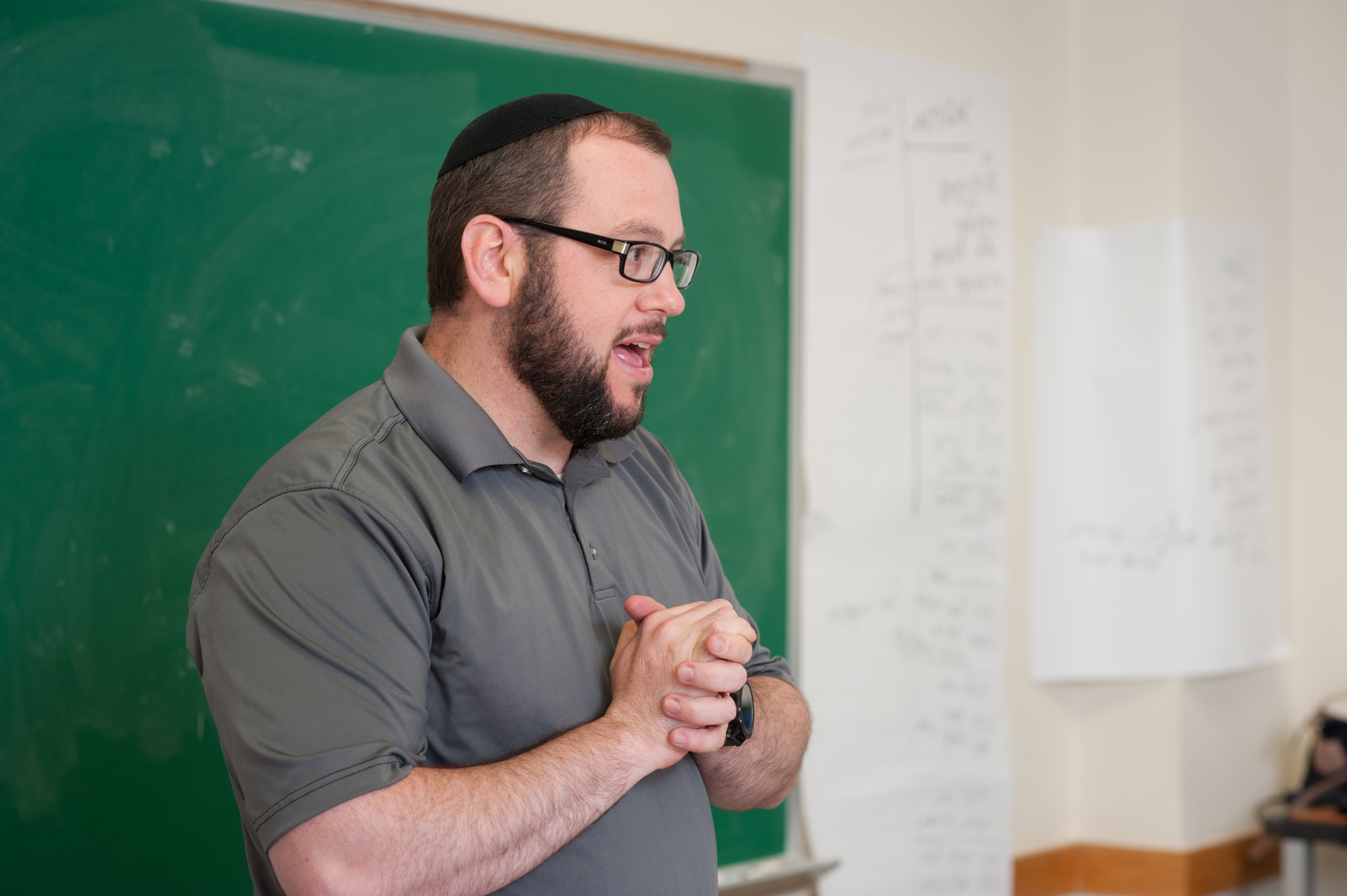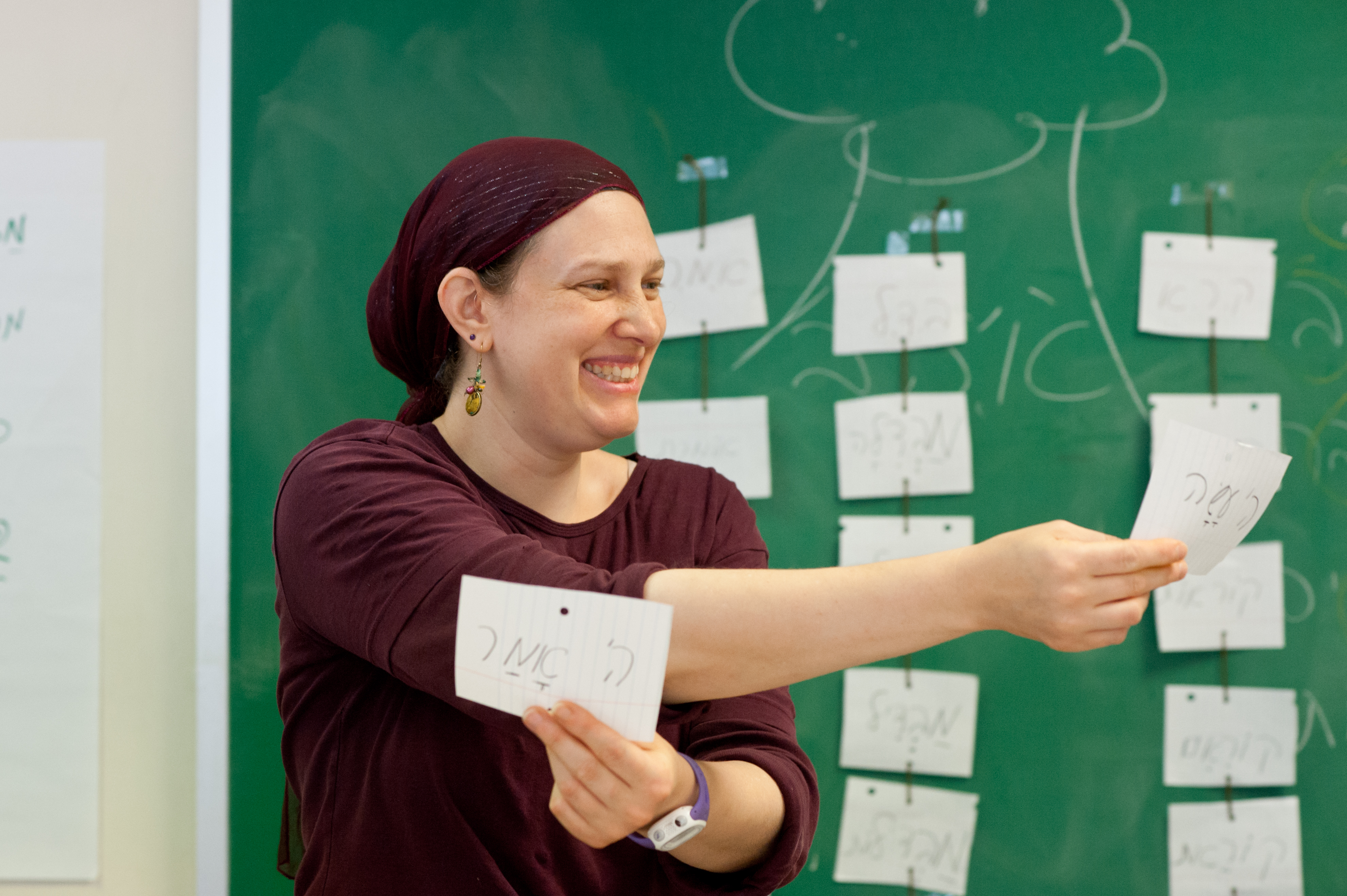Based on feedback from participants in our inaugural cohort, here are incentives and opportunities that day schools can consider for attracting early career educators during springtime teacher recruitment season.
Build incentives for professional development into the benefits package and advertise these benefits. We need to offer professional and academic learning to novice teachers that complements and enhances their understanding of teaching as a profession. To that end, the Hitlamdut Fellowship is designed to be available only to full-time teachers. While this might at first seem counterintuitive, feedback from the fellows indicates that this feature is what enables them to take the long view and imagine the classroom as a career, rather than an interim post-college gig on the way to a different career choice.
One fellow who was a recent college graduate shared that she would not have applied to an MA in Jewish education program this early in her career had she not known of this opportunity to teach full-time while also taking courses as a part-time student. By connecting early career teachers at all stages of life to part-time learning options, we are messaging that they can engage simultaneously in gaining experience, earning a salary and advancing their credentials.
Vary the types of incentives offered, including asynchronous online options. The online and asynchronous learning options across North America have vastly increased during the pandemic. Our fellows have repeatedly shared that this format was the key feature that led to their engaging with an MA program, as it eased their personal scheduling concerns. This feature of online options for professional development and learning positions teaching as an “affordable career,” as those with young children or other after-work commitments have more flexibility in the late afternoon and evening hours. In the words of one of our fellows: “I think it’s incredible that I’m able to do both, and I don’t have to leave faculty meetings early, I don’t have to leave school early to go to class, I’m able to stay the full day, I’m able to work, I’m able to take classes… That you’re able to work full-time and get a degree is compelling.”
Include varied financial incentives, working in partnership with board members and other donors. Classroom teachers need opportunities for credential advancement that are affordable. Perhaps your school has a board member or a local donor who would want to sponsor a novice teacher in their learning. We have found that this model offers an opportunity for engaging a school’s local community in co-solving the pipeline challenge, by becoming personally invested in the cause. Our fellows have shared with us that the full tuition scholarship is imperative to teaching being an affordable career.
Ensure that mentoring and coaching opportunities are components of benefits packages. Over the past decade, day schools have increasingly been building mentoring opportunities directly into offer letters. Alumni of our program have shared that mentoring support within the school, and in partnership with organizations such as New Jewish Teachers Project, have eased their burnout concerns. By co-sponsoring and subsidizing such supports, and/or by partnering with organizations that can offer this outside support, day schools are demonstrating that teachers are worth this investment.
Hitlamdut is but one example of addressing both the pipeline and affordability issues as systemic and interconnected challenges. Through incentives and supports to novice and earlier career teachers, we can broadcast the message that Judaics classroom teaching is a viable career.









